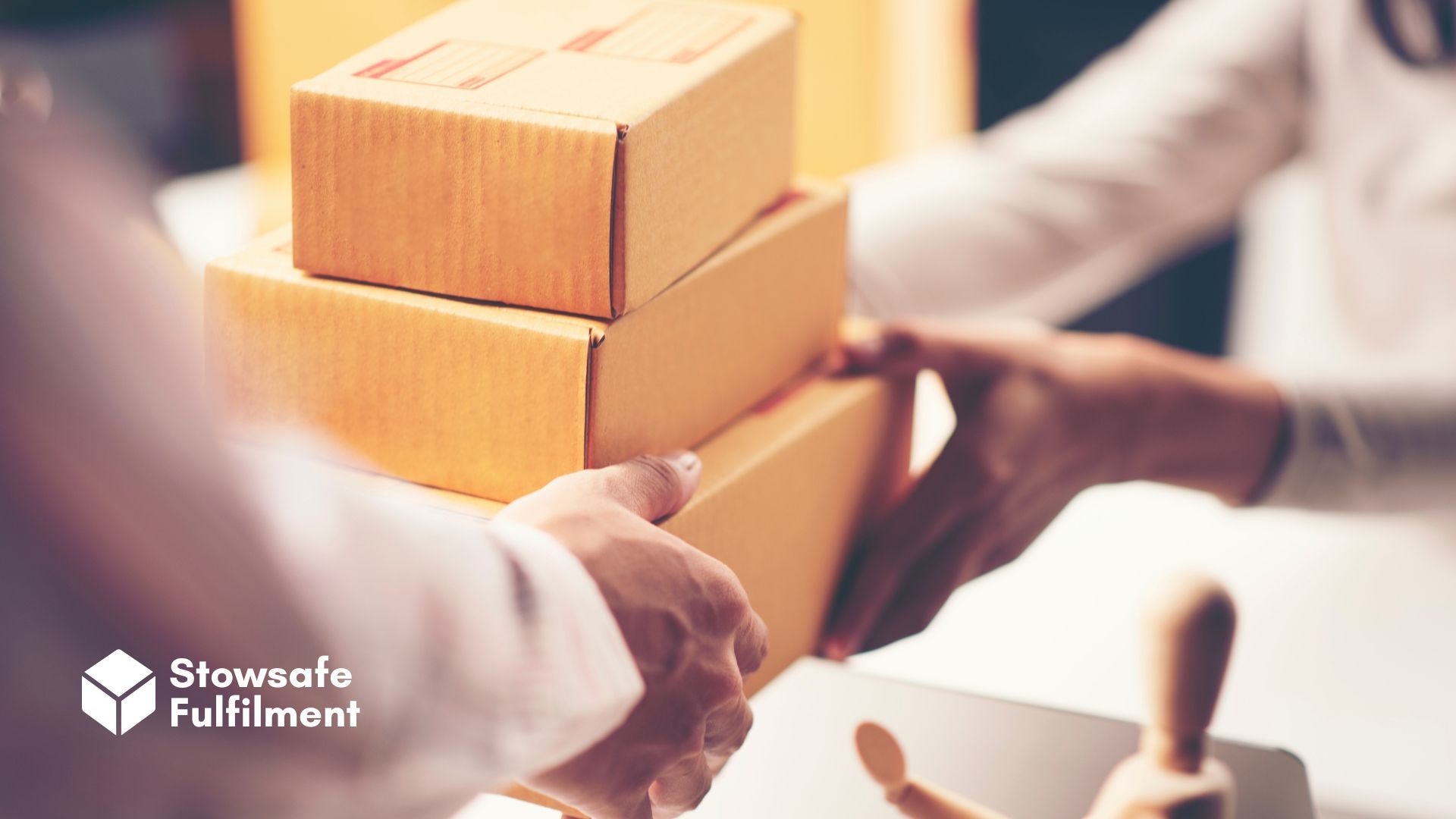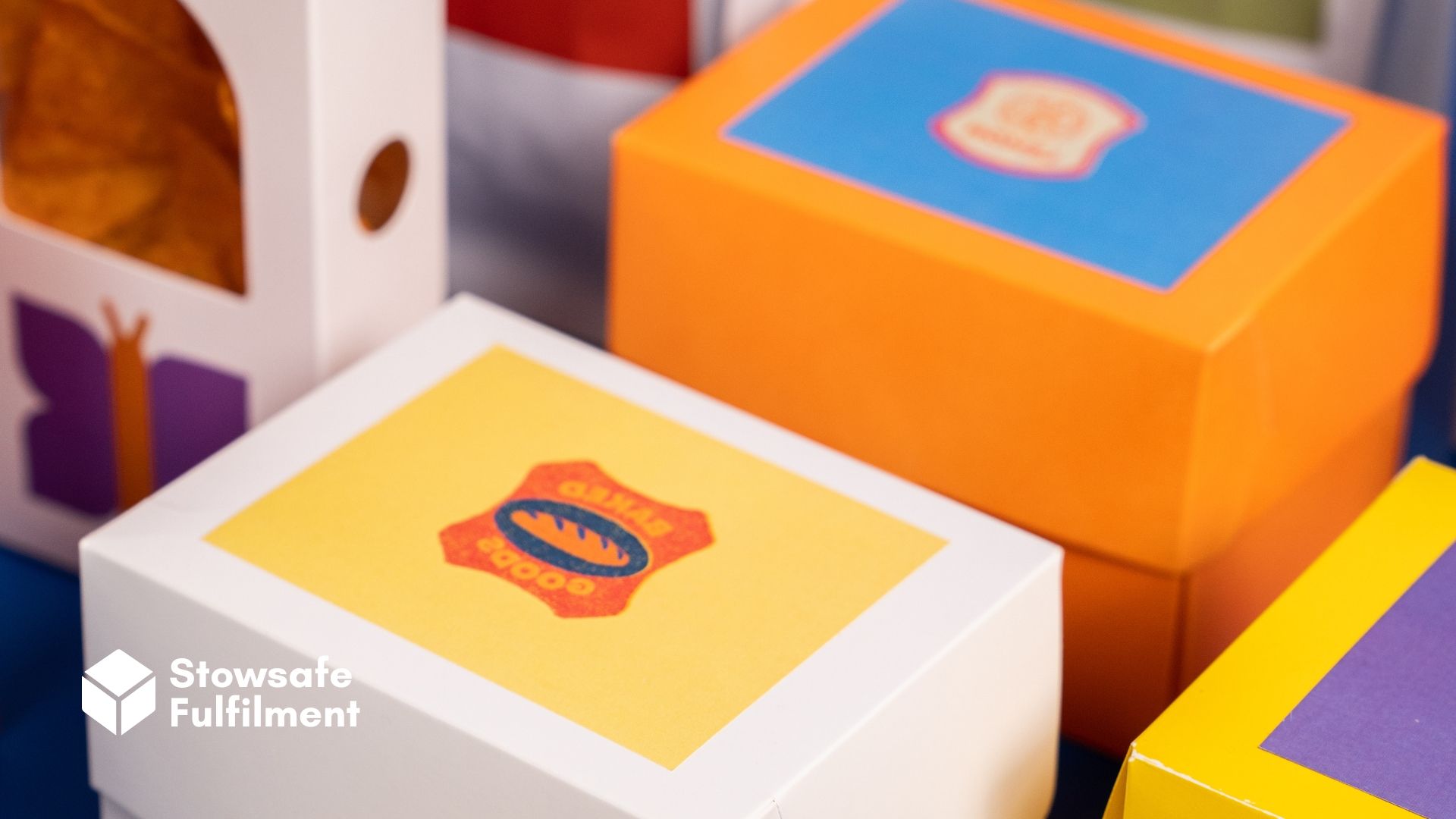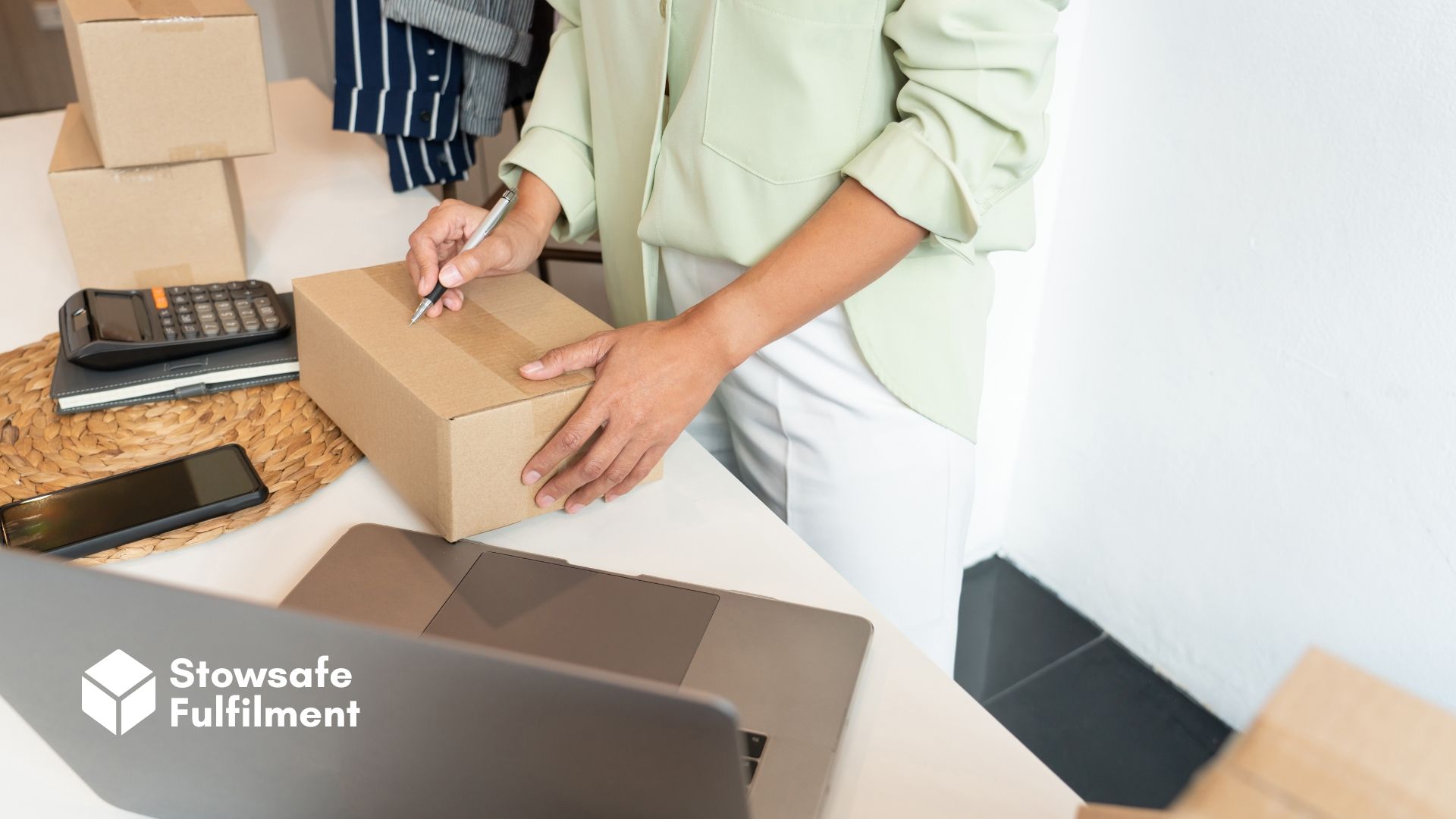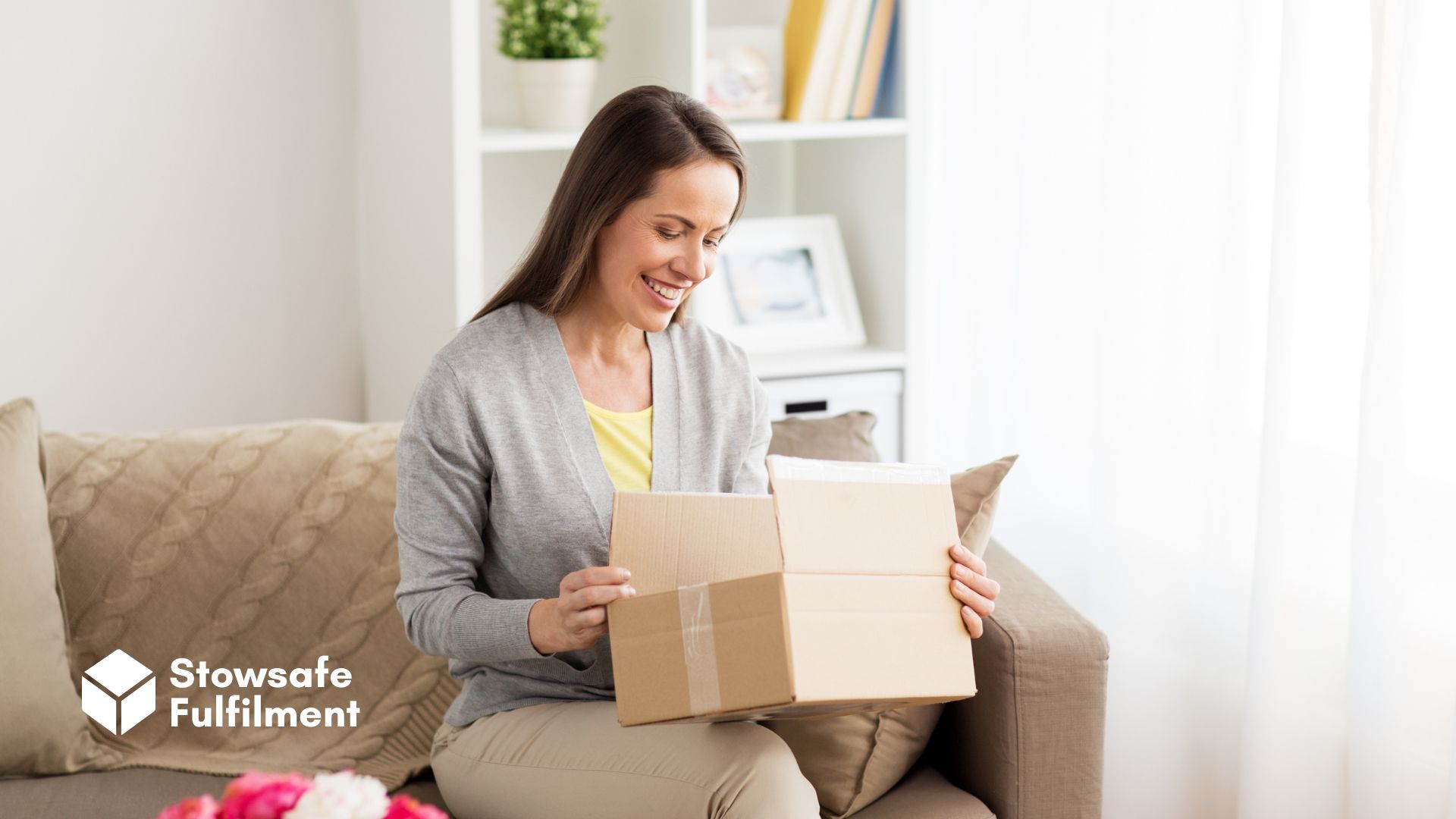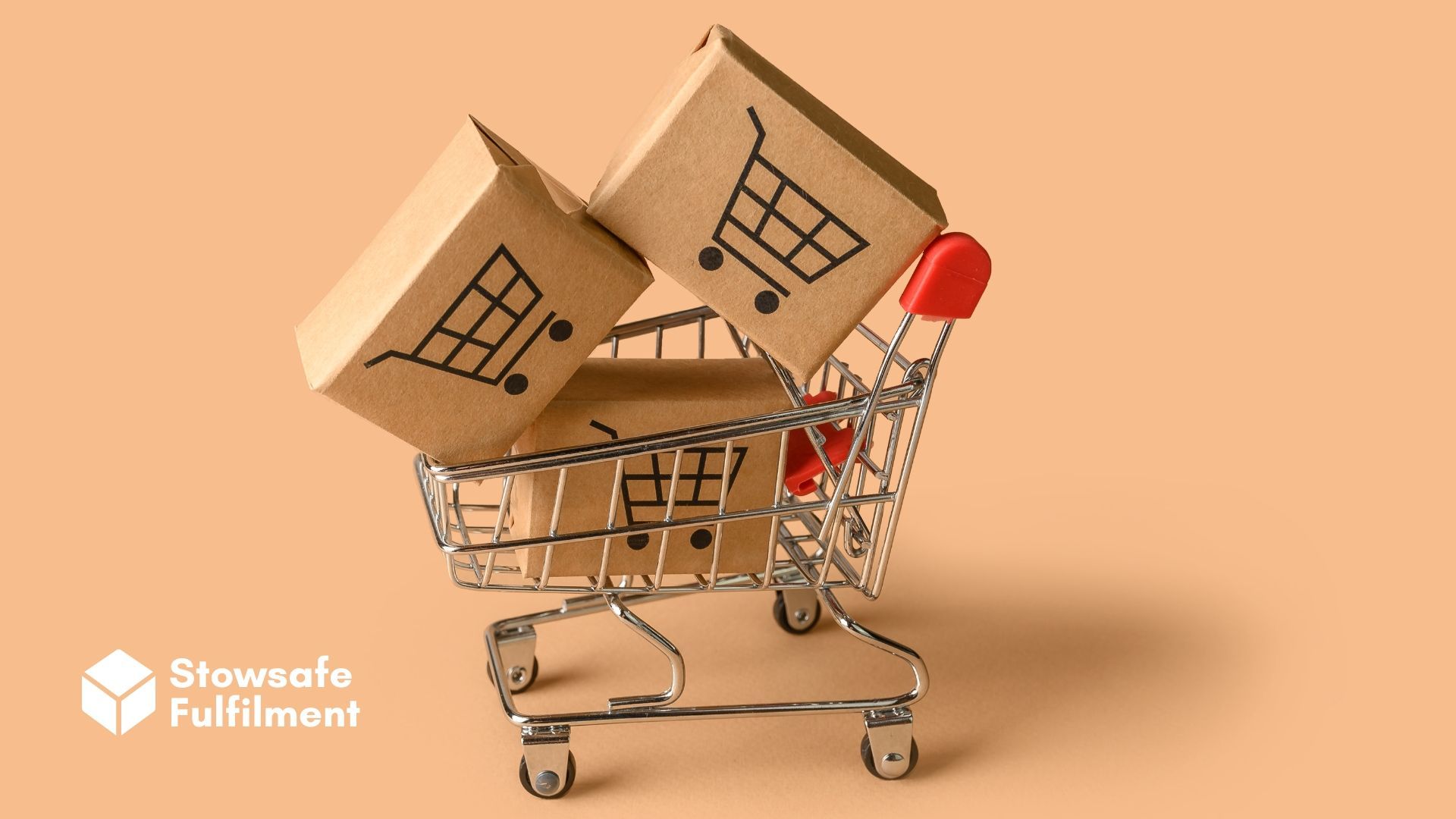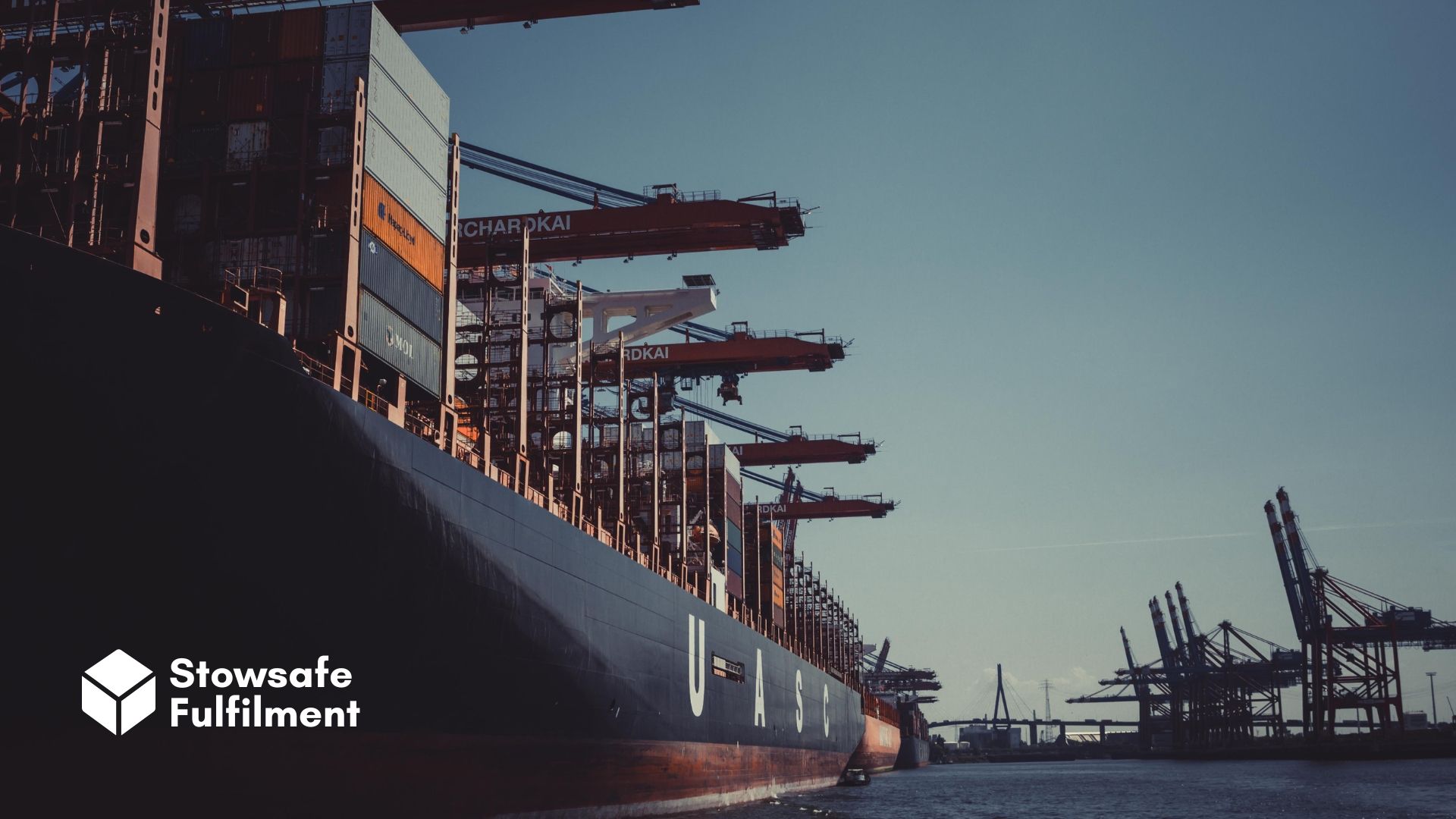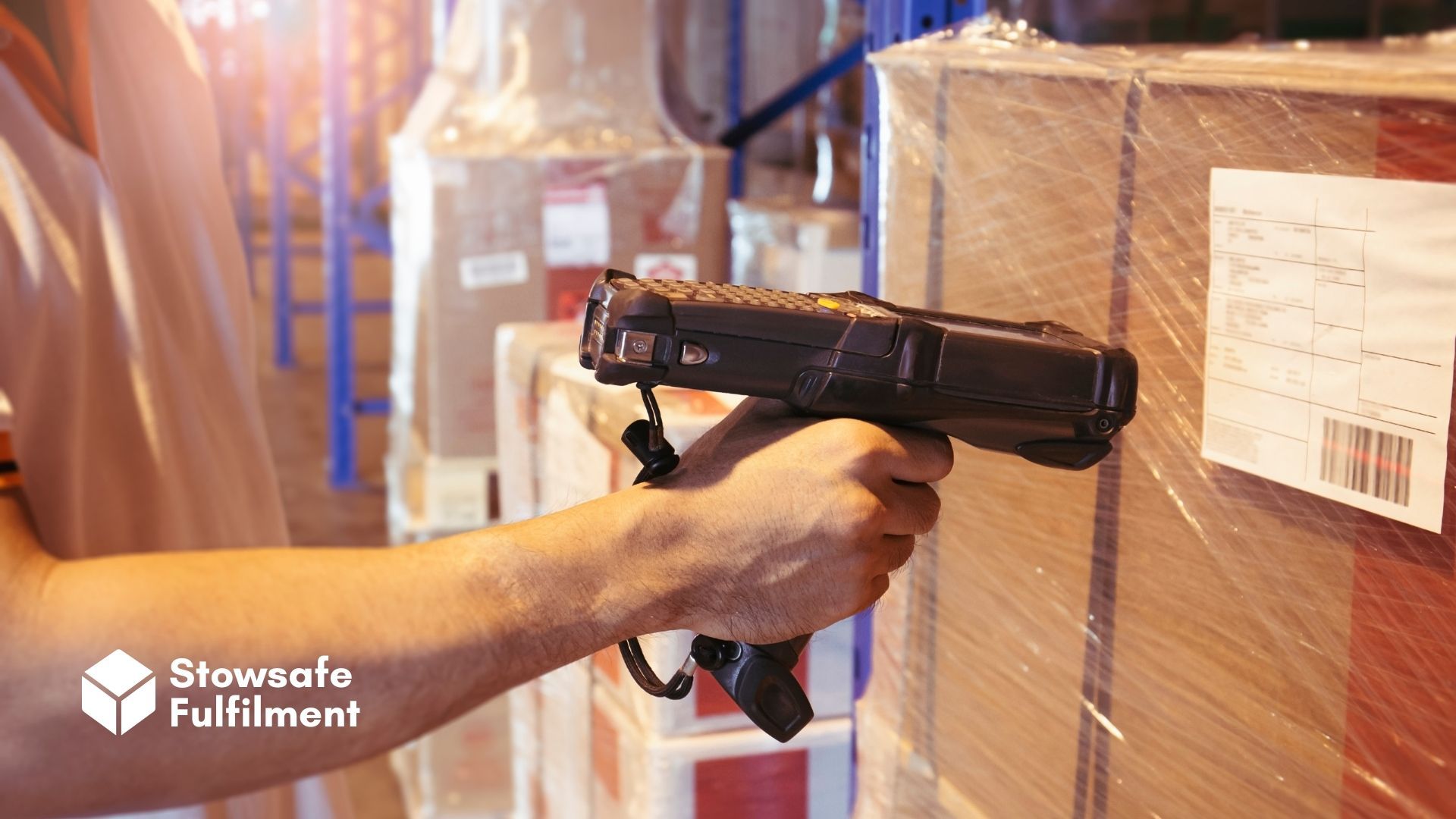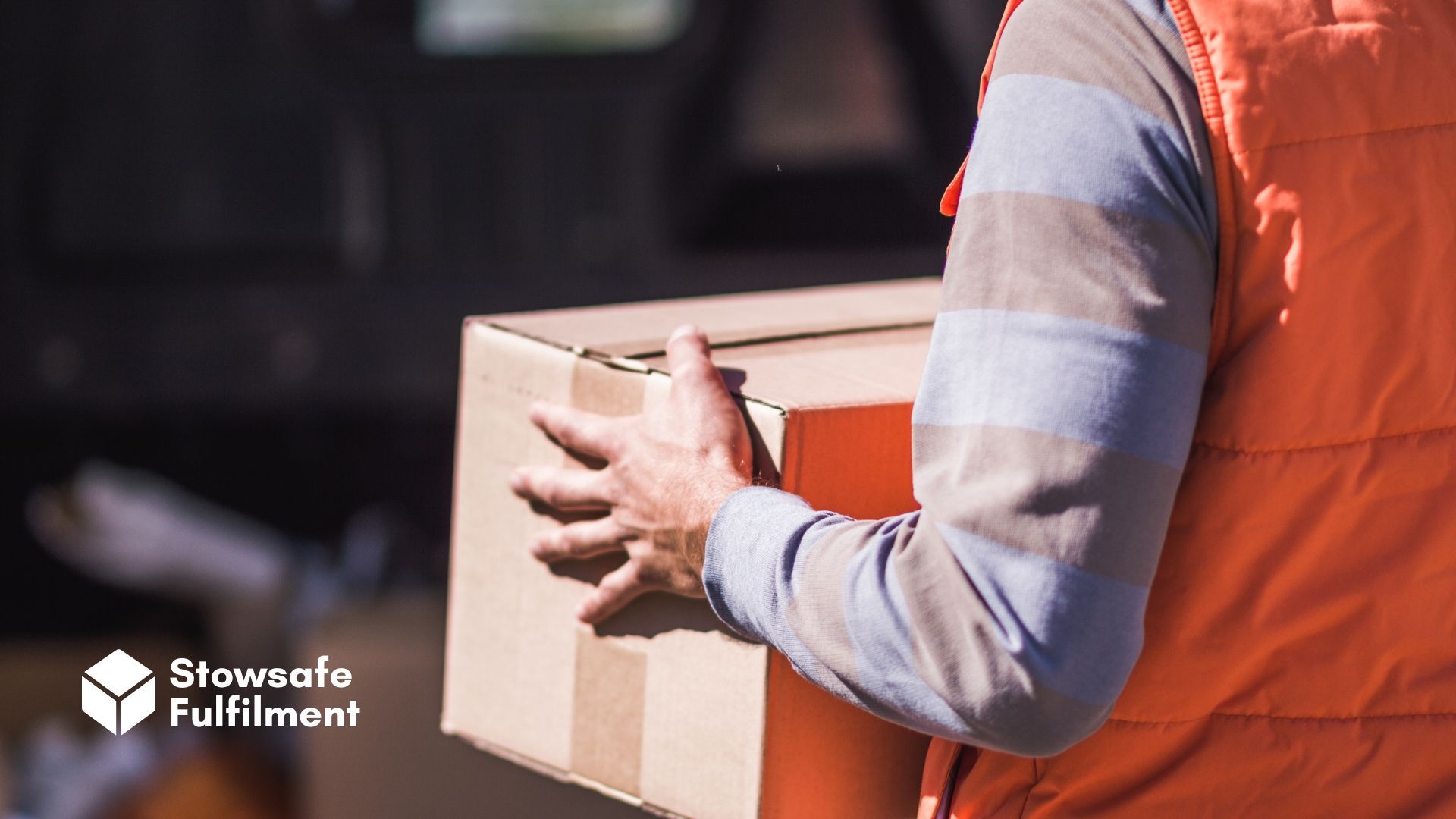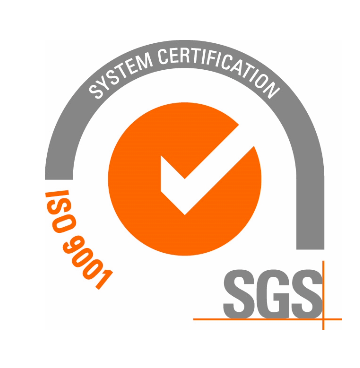Looking to engage a third-party fulfilment provider? Smart move… but a big decision. To help you out, here are 7 key attributes to look for in a 3PL.

So you're interested in working with a third-party logistics provider (3PL)?
Smart move. As we've covered before, outsourcing your eCommerce fulfilment can have many business-boosting benefits, like saving time and giving you the space you need to grow.
Our advice: be cautious. Take your time. Choosing a fulfilment partner is a big decision, so it pays to turn a critical eye to the services they offer and the promises they make.
Not sure where to start? Not to worry – we've come up with seven key attributes to consider before you push the button.
If your 3PL ticks all these boxes, you're onto a winner!
1. Flexibility
The world of eCommerce moves fast. Markets ebb and flow. Seasons cycle. And all the while, you have to deal with the complexities of order management, customer service and marketing.
To cope with all this, you need to be as flexible as a rubber band. If you weren't able to adjust your course at the drop of a hat, your business wouldn't be successful. It's as simple as that.
You should expect exactly the same flexibility from your fulfilment provider.
When you outsource your fulfilment, you're entering into a partnership. For a partnership to be successful, both parties need to uphold their part of the bargain.
In the fulfilment partner's case, this means delivering a logistics solution that matches – or, even better, improves upon – your own efforts. If you need things done a certain way, your fulfilment provider should be willing to make the necessary adjustments. No exceptions.
On the other hand, if your provider wants to do things "their way or the highway", you should be very wary indeed.
Our advice: take the highway. There are 3PLs out there who'll happily work to your requirements – not the other way around.
2. Dependability
It might seem obvious, but it's worth mentioning: you need to trust your fulfilment provider to get the job done properly.
This is logistics we're talking about, after all. It has more moving parts than a Swiss watch factory.
Your fulfilment partner needs to be able to work quickly, efficiently and without error. If they can't, they'll cause you no end of headaches further down the line.
How can you tell if a 3PL is dependable? No business is going to say it's undependable, is it?
We'd recommend taking a good look at its website. If the provider seems to have more clients than capacity, we'd approach with extreme caution.
3. Accountability
Any good fulfilment partner should take pains to limit errors. But while things like automation and robust QA processes can make errors less likely to occur, nothing can eliminate them completely.
Again, logistics is complicated. Mistakes happen. They're a fact of life.
What's important is that your provider owns up to its mistakes and tries its best to put them right.
The attitude should be "sorry that this error happened; here are some things we can do to limit its effects".
If, however, your provider keeps its errors close to its chest, it might do you more harm than good.
Mistakes will be discovered eventually. But by that point, it might be too late to do anything about them
4. Transparency
Too many fulfilment companies act like they're operating from an impenetrable fortress. Trying to get information from them is like trying to crack the Enigma Code.
This is completely wrongheaded.
Your fulfilment partner should feel like an extension of your team. Imagine you had a team member who refused to share any information or pick up phone calls or emails. It would be ridiculous.
Now, we can't speak for all fulfilment providers here, so – at the risk of sounding boastful – we'll use our own services to illustrate our point.
When customers sign up with Stowsafe, we promise them three things.
Firstly, they'll enjoy instant access to real-time stock and order statuses via our online dashboard. Secondly, they get a dedicated account manager who's available to answer questions and address concerns. And thirdly, they're welcome to visit our warehouse.
Don't get us wrong. We don't let any Tom, Dick or Sally march in – our site is as secure as it gets. However, we believe that customers should be able to access their stock if they want to.
In our minds, this should be the norm. But unfortunately, it's far from it.
5. Scalability
In other words, can your 3PL grow its service offering as your business grows? And can it scale back if your market takes a downturn?
Your fulfilment partner should be thinking of your future, just as you are. This means keeping space available so customers can quickly adjust their contracts to suit their needs.
If, however, they're stacking stock to the rafters and cramming customers together like sardines, they won't be able to deliver this. Not quickly, anyway.
Remember: flexibility is key.
6. Integrations
Modern fulfilment firms rely on sophisticated software to manage and deliver their services. This type of software is called a warehouse management system (WMS).
A good WMS can do all sorts of clever things. But for our purposes, the most important feature is its ability to integrate with eCommerce platforms and marketplaces.
If your favoured platform is supported, it means it can "talk" to the WMS and share information back and forth.
When an order comes in, for instance, the platform will issue an alert to the warehouse so staff can start picking. And when an order is shipped, the warehouse will communicate with your systems so you'll know it's on the way.
With integration in place, you'll save tonnes of time and reduce error rates through automation. If integration isn't possible, engaging a fulfilment partner could prove more trouble than it's worth.
Check your provider's website. It should list all integrations so you can make sure your platform is compatible.
7. Location
Here's another one that might seem obvious. But when so much of our lives are spent online, it can be easy to forget about the geographical side of things.
In fact, location is more important than ever when choosing a fulfilment partner. As customers expect quicker and quicker delivery times, you need a partner who can get goods where they need to be – and fast.
Is your 3PL situated within easy reach of transport routes? And, for that matter, do they work with couriers who can promise fast domestic and international deliveries?
Nobody can guarantee that every delivery will be seamless. But with a good location and a wide range of trusted shipping partners, your fulfilment provider can at least ensure that the majority will be hitch-free.
We hope you found these tips helpful. If you like our style, why not learn more about our
fulfilment services? Or feel free to
get in touch – we're always happy to answer questions and talk logistics.
All Rights Reserved | Stowsafe Fulfilment


